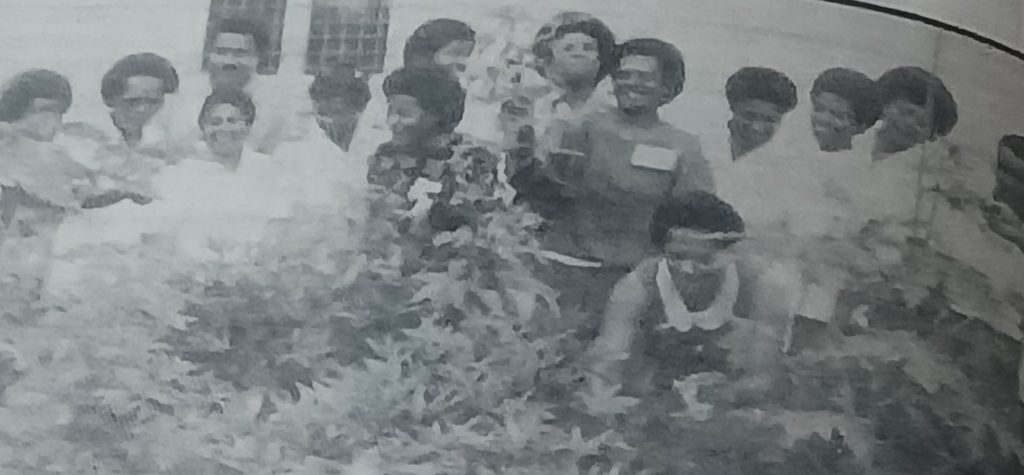Lautoka Hospital’s medical superintendent Dr Serupepeli Goneyali said good food habits were good preventative medicine practices.
According to an article published by The Fiji Times on March 20, 1990, Dr Goneyali made these comments while speaking at the closing of a two-day nutrition and health workshop at the divisional medical officers conference room in Lautoka.
He emphasised the problem of wrong food habits that were becoming entrenched in society.
“One of the side effects of bad eating habits was congestion in the outpatients department, follow-up, clinics, diabetic clinics, hypertension clinics, medical clinics, and other wards in the hospitals,” Dr Goneyali said.
He said as field workers, as well as those of us in the urban areas, our aim should be the provision and promotion of quality nutritional habits at affordable price.
“In other words, teach people at the grassroots level how to obtain good food value at the cheapest prices.”
He said attention should be focused on children to prevent low birth weight babies from developing into anaemic toddlers because such children could grow into infection-prone teenagers, then into sickly and unproductive adults.
“Our fights should be the eradication of tea and biscuit, tea and bread, tea and rice and tea and cassava menu from being the only meal available.”
He said Fiji had plenty of land that could be used to grow varieties of fruit, vegetables, and root crops.
“The importance of good nutrition needs no emphasis, as everybody likes to enjoy a good meal, but a balanced diet should be promoted to produce a healthy body and mind.”
The aim of the nutrition system in the Western Division, the article stated, was to improve the health of people through food self-sufficiency and knowledge on health and nutrition.
Part of this system was the maternal and infant nutrition project and the family food production project, which had been operating independently.
A National Food and Nutrition Committee project officer said the project was funded by UNICEF and by an associate UN volunteer nutritionist.



